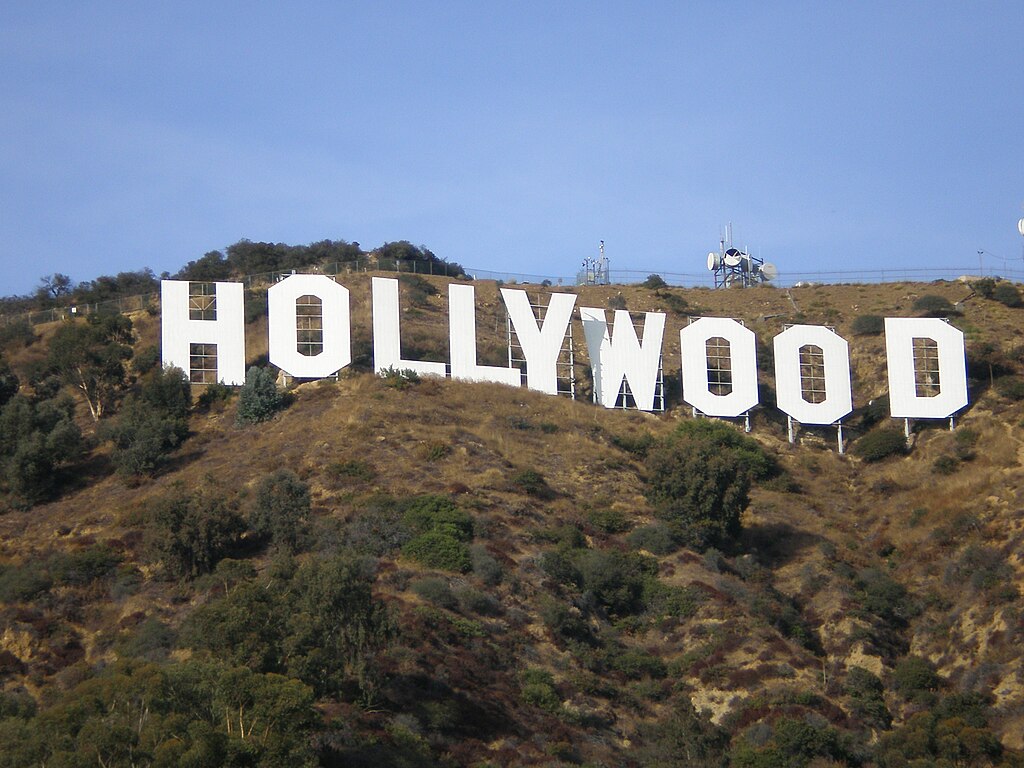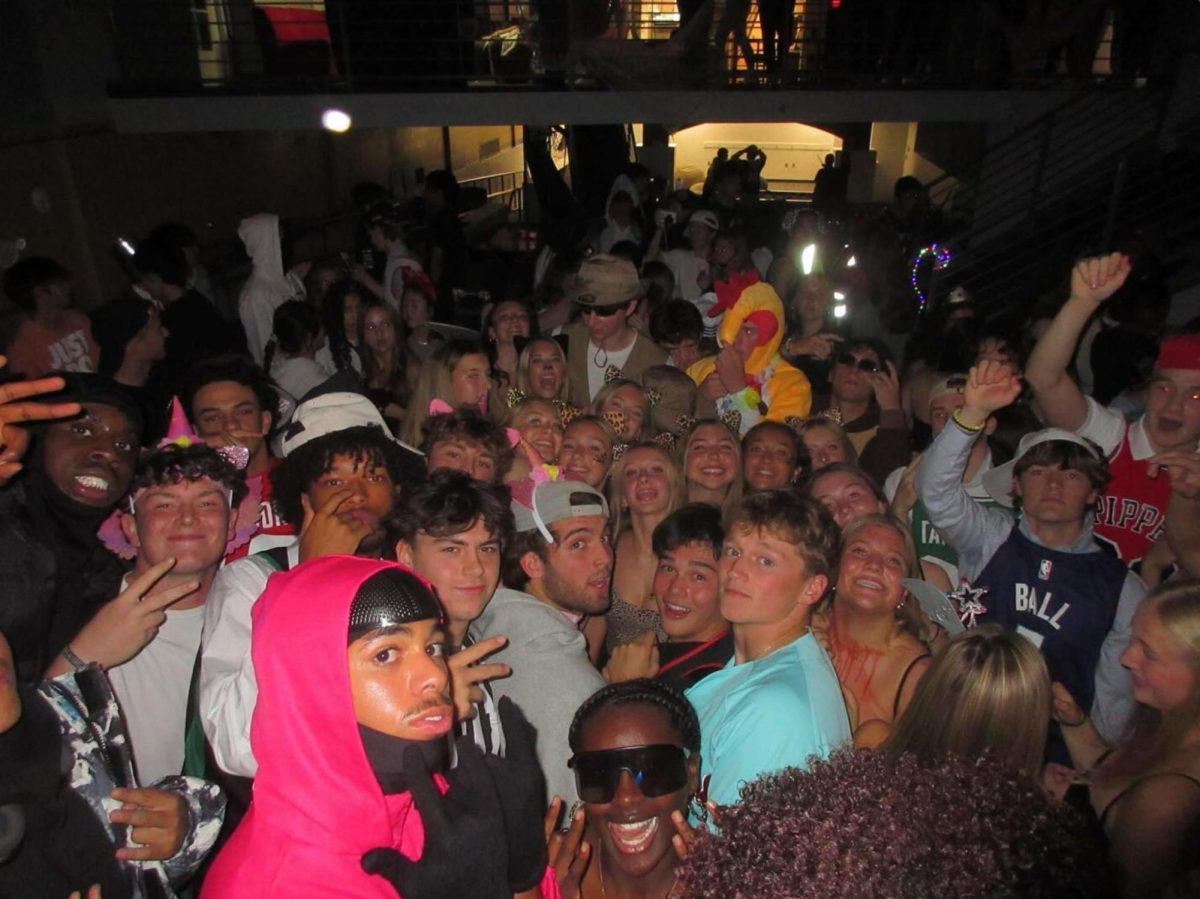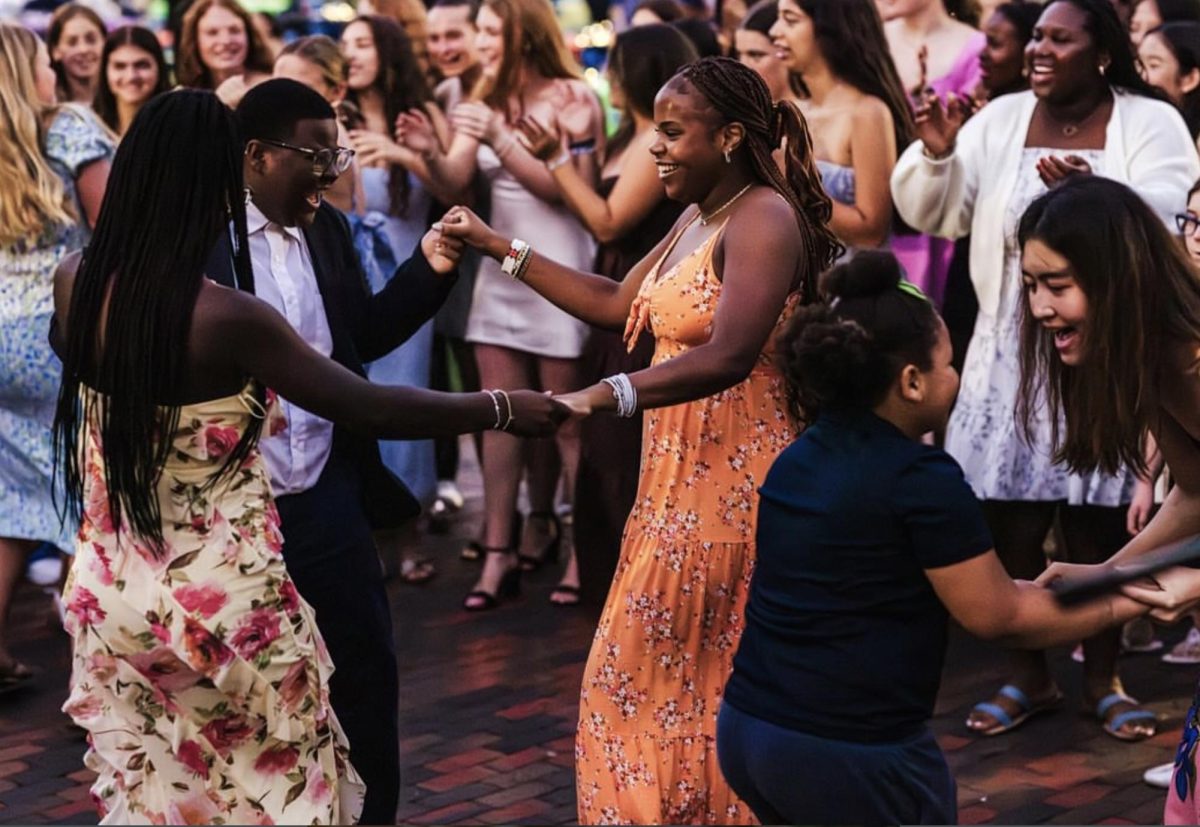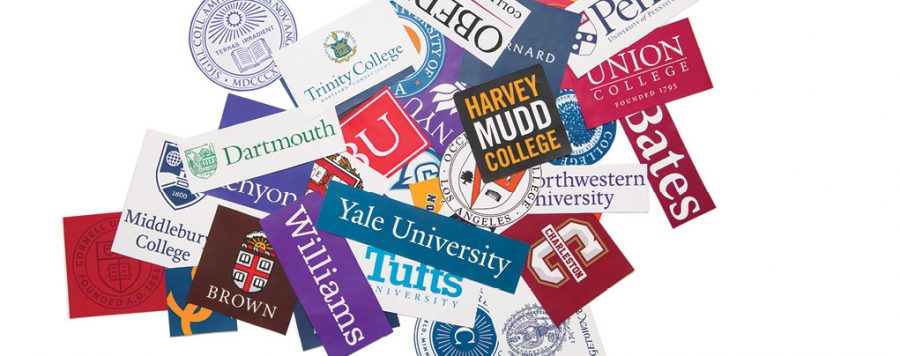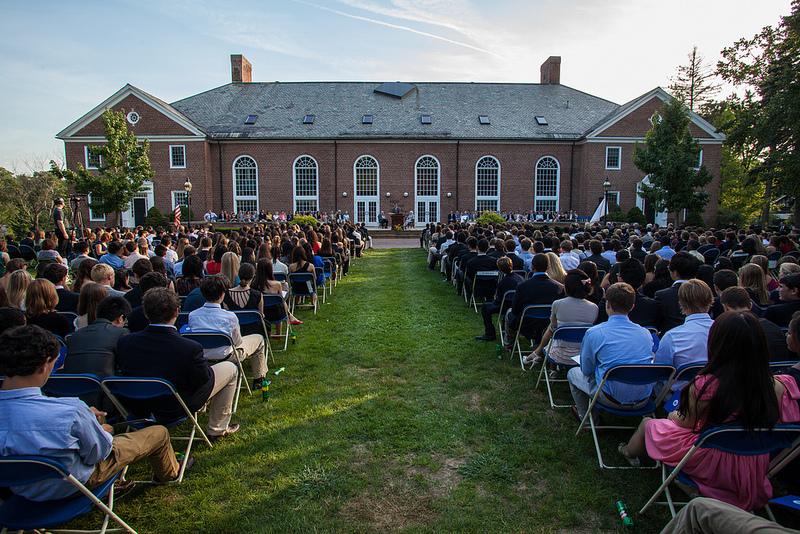Oversaturation of television has changed award shows for the worse. In turn, the abundance of content, due to the popularity of streaming services, has led to a recent decline in not just award show viewership, but also their award relevance.
It seems as though many award shows are struggling to stay relevant in today’s culture. Grasping at straws, awards shows like the Emmys, which aired Sept. 15, are trying to maintain popularity in the oversaturation of television.
Award shows have recently been taking a hard hit in viewership; the Emmys had a viewership of 6.8 million according to Variety; though low, it has the highest viewership it has had in the past four years.
Many of the most popular award shows were established in the mid-1900s. The Emmy Awards first ceremony was held in 1949 and only a mere 20 years earlier, the Academy Awards were first held. During the height of cable television, award shows hit their peak: the Academy Awards surpassed a viewership of 50 million in 1998, and the Emmys gained a record 20.1 million viewers in 2001, according to Statista, a statistics site. Yet in the past couple of years, award show streams have been hitting a record low.
Award shows, by nature, focus on a small percentage of shows available to watch. According to Statista, there are 481 TV shows and new seasons released in the United States a year. Put that against the 16 categories provided by the Emmys, and there is an extremely slim margin for tv shows to win awards or even get nominated.
Senior Gabi Bobiak believes the whole concept of Award shows is boring.
“[I would watch] if I liked the people in them,” she said. “I just don’t really care about big celebrity lives, it is just boring watching people sit around and talk.”
Gabi also believes that award shows lack a connection with the audience.
“It is all just like a popularity contest, and I don’t appreciate that,” she said
Bobiaks favorite show is, right now, “How I Met Your Mother,” but she also enjoys “The Good Place,” and thinks that “‘Friends’ is always a classic.”
Parker Brown also feels that the recognition of different artists would draw viewers in.
“I think Sundance and stuff … more original films and grass roots films give [artists] a head start,” she said. “I think they need to capitalize more on the film festival vibe, getting more regular people involved and getting them to enjoy films and see films that they care about win.”
“In an age when there are so many different options for watching and listening available, awards show that pick out a mere handful of shows, actors, films and music can feel irrelevant,” wrote The Dartmouth, Dartmouth College’s official school newspaper.
In recent years, controversy surrounding award shows has been popping up. Social justice and recognition movements like #Oscarssowhite, which started in 2015, lost the Oscars $26 million, according to University of California, Berkeley. The recent writers’ strike, which occurred in May of 2023, also affected award shows, causing the entertainment industry in America to lose a total of $5 billion, according to University of Michigan. These recent movements steer younger audiences away from opulence and mindless celebration of award shows.
Parker believes that award shows have faults, but can sometimes be compelling.
“I know the awards are elitist and [don’t] get a diverse number of movies, but some are interesting,” she said.
Parker also highlighted the strong presence award shows still have on today’s culture, and how they could benefit society.
“If [award shows were] help support marginalized voices, I think that is really important,” she said.



